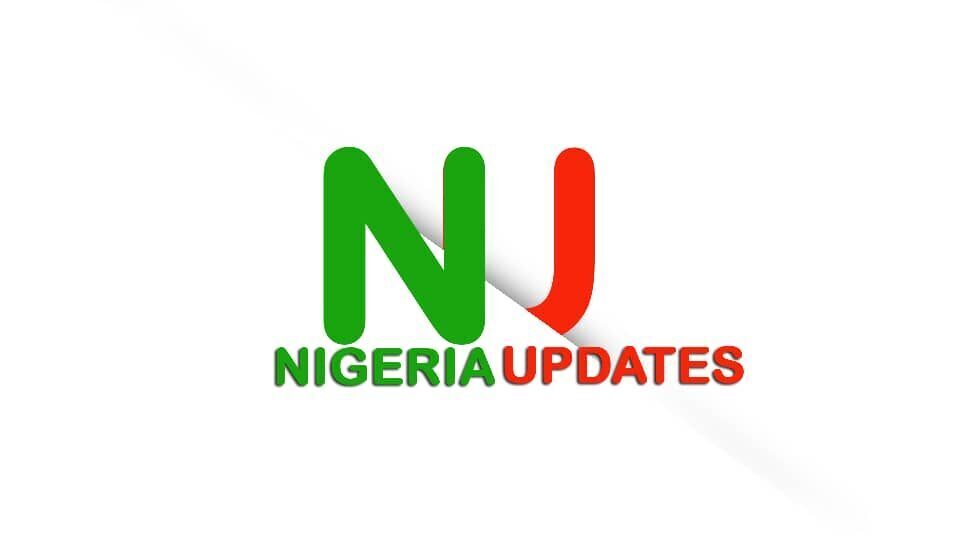A respected industry leader has issued a scathing indictment of Nigeria’s maritime system, warning that international and local shipping companies are operating like “lawless entities” unchecked by regulation and allegedly engaging in widespread fraud and extortion.
High Chief Dr. Basil Chudi Nwolisa, President of the National Compliance Joint Tasks Force of Licenced Clearing Agents (NCJTFLCA), delivered the explosive remarks during a media briefing in Lagos, calling out companies such as Maersk Line, PIL, MSC, and Elder Dempster for deliberately sabotaging Nigeria’s clearing process to exploit customers and make illicit profits.
“It’s a big shame that in a country like Nigeria, there is no government policy regulating the activities of shipping lines,” Dr. Nwolisa declared.
“They do what they like. They charge what they like. They frustrate Nigerian businessmen and agents with no accountability. Is Nigeria a banana republic?”
Policy Vacuum, No Accountability
Dr. Nwolisa pointed to a lack of enforceable maritime policies as the foundation of the crisis. According to him, shipping companies impose arbitrary charges, delay payment and cargo releases, and demand sensitive documents, all without fear of consequences.
“Shipping lines in Nigeria have no policy documents that bind them. Ask any government agency to show you a published regulation — they have none. Meanwhile, these companies dictate the terms, impose financial penalties at will, and go unpunished when they breach agreements. How can this continue?” Nwolisa questioned.
Identity Theft & Document Abuse
Among the most troubling revelations was the unauthorized demand for voter cards, international passports, and NIN slips before containers can be released, a practice Dr. Nwolisa says has no legal basis.
“Where else in the world do you see shipping lines demanding passports, voter cards, and NIN slips before releasing goods that have already been paid for? These are security breaches. This is lawlessness and must be stopped.”
He described it as a stalling tactic to trigger more storage and demurrage fees — to the financial detriment of Nigerian businesses.
Refund Fraud, Digital Blackouts, and Hidden Charges
The advocacy group also accused shipping lines of fraudulently withholding container deposit refunds, which often go unpaid for weeks or months.
“They are running business with our money. When you apply for a refund, it can take one or two months. Meanwhile, they’re using that deposit to run their own business.”
He highlighted that clearing agents, who often pay out of pocket on behalf of importers are denied refunds unless they bribe staff.
“You pay from your own account, and when it’s time for a refund, they’ll say you didn’t pay it — that only the importer can collect. But if you give them ₦20,000 or ₦30,000, the refund is magically processed. So who is really collecting?”
The agents also cited systemic inefficiencies such as:
Digital blackout scams: Prolonged network outages used as an excuse to delay releases.
“They will tell you there is no network after payment. That network failure could last for five days — five days of demurrage multiplied by thousands of containers. That is billions of naira lost.”
Punctuation rejections: Shipping companies allegedly reject documents over minor typographical errors to stall processes.
“If you make one mistake — a comma or a period — they’ll reject the letter. You’ll have to resend and wait again. It’s intentional.”
Outrageous Deposits and Auction Rackets
The group shared alarming evidence of outrageous container deposits, such as a case where an importer was forced to pay ₦8 million for a single container or risk having it auctioned off.
“It is a racket,” Nwolisa said.
“Once you can’t meet the outrageous deposit, they move to auction your container. We have seen it happen more than once.”

High Chief (Dr) Basil Chudi Nwolisa.
Legislative Reforms and Legal Steps
In a bold move, NCJTFLCA announced that petitions are being prepared for submission to the National Assembly and relevant regulators, including the Nigerian Shippers’ Council and the Federal Ministry of Marine and Blue Economy.
“We will no longer tolerate these anomalies. If the shipping lines refuse to change, we have no option than to take legal action. This is not aggression — it is about getting justice.”
Dr. Nwolisa also questioned whether foreign shipping companies were being protected by Nigerian elites, who may have vested interests.
“Are we being suppressed by our own leaders?” he asked.
National Interest at Stake
With Nigeria facing a potential loss of port business to neighboring countries like Ghana and Togo, the NCJTFLCA warned that the crisis is not just about agents — it’s about the survival of the entire import-export ecosystem.
“If we don’t address this now, we’ll lose our ports to Togo, Ghana, and Benin. Investors are already relocating. It’s a national emergency.”
Final Warning: Protest May Loom
Unless the government acts swiftly, Dr. Nwolisa said the group may organize a national compliance protest in the coming quarter.
“We are law-abiding, but we cannot continue like this. This is our stand — and we are not backing down.”
Conclusion
As frustrations reach boiling point, NCJTFLCA’s message is unambiguous: Nigerian ports are in crisis. Unless concrete regulatory action is taken, shipping lines will continue to operate with impunity, further damaging investor confidence and threatening the future of Nigeria’s maritime economy.
“Nigeria is not a banana republic,” Nwolisa insisted.
“We want fair business. Not harassment, not extortion. Let shipping companies be audited and made to adhere to standard practices.”

 Tourism5 days ago
Tourism5 days ago
 telecommunication7 days ago
telecommunication7 days ago
 Metro6 days ago
Metro6 days ago
 Education4 days ago
Education4 days ago
 Sports7 days ago
Sports7 days ago
 Nigeria News5 days ago
Nigeria News5 days ago
 Maritime5 days ago
Maritime5 days ago
 Education7 days ago
Education7 days ago



















